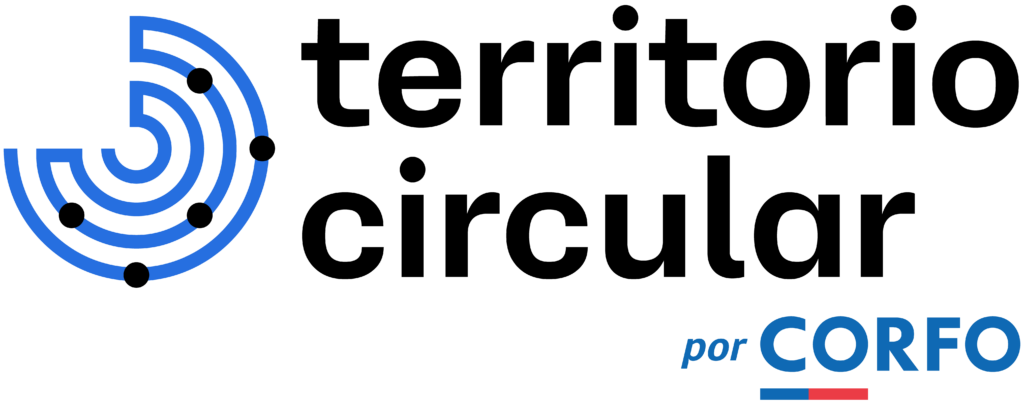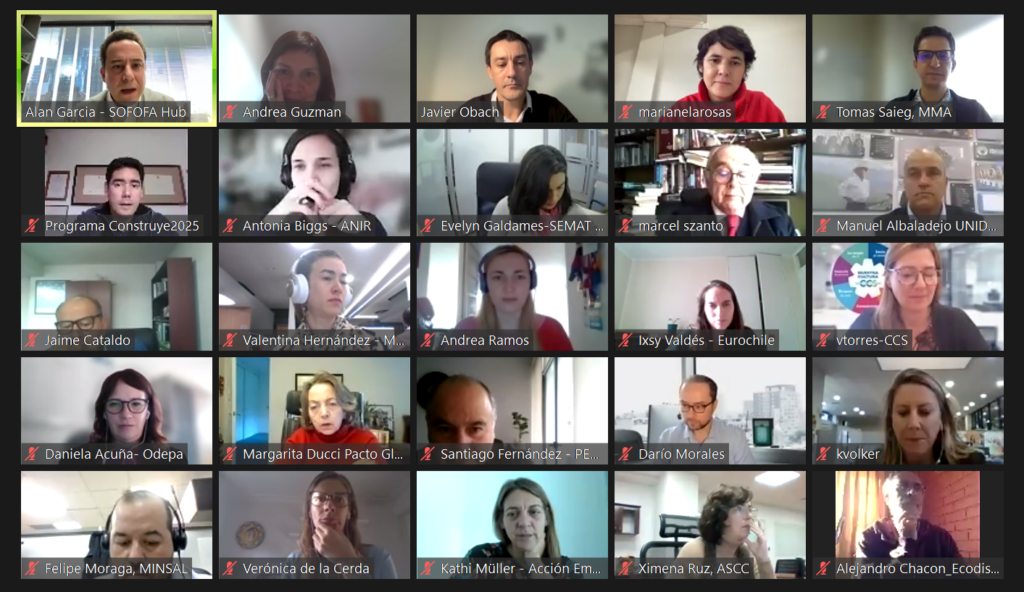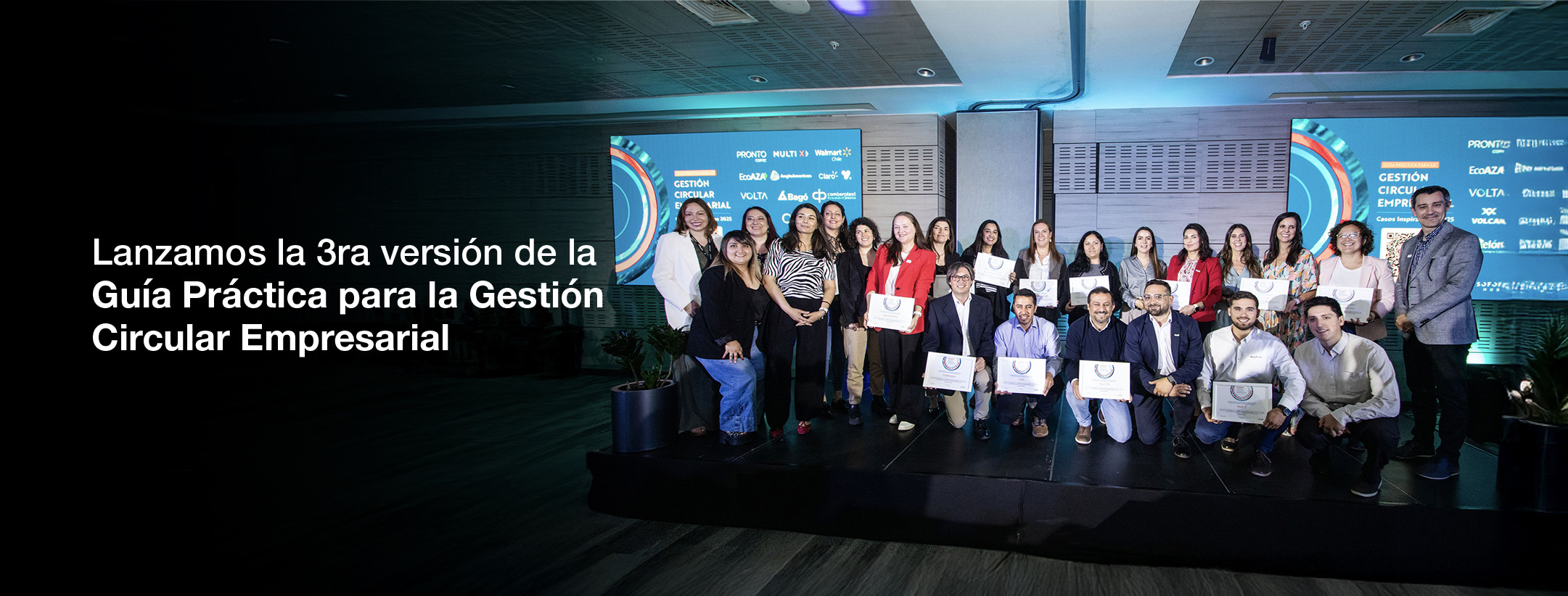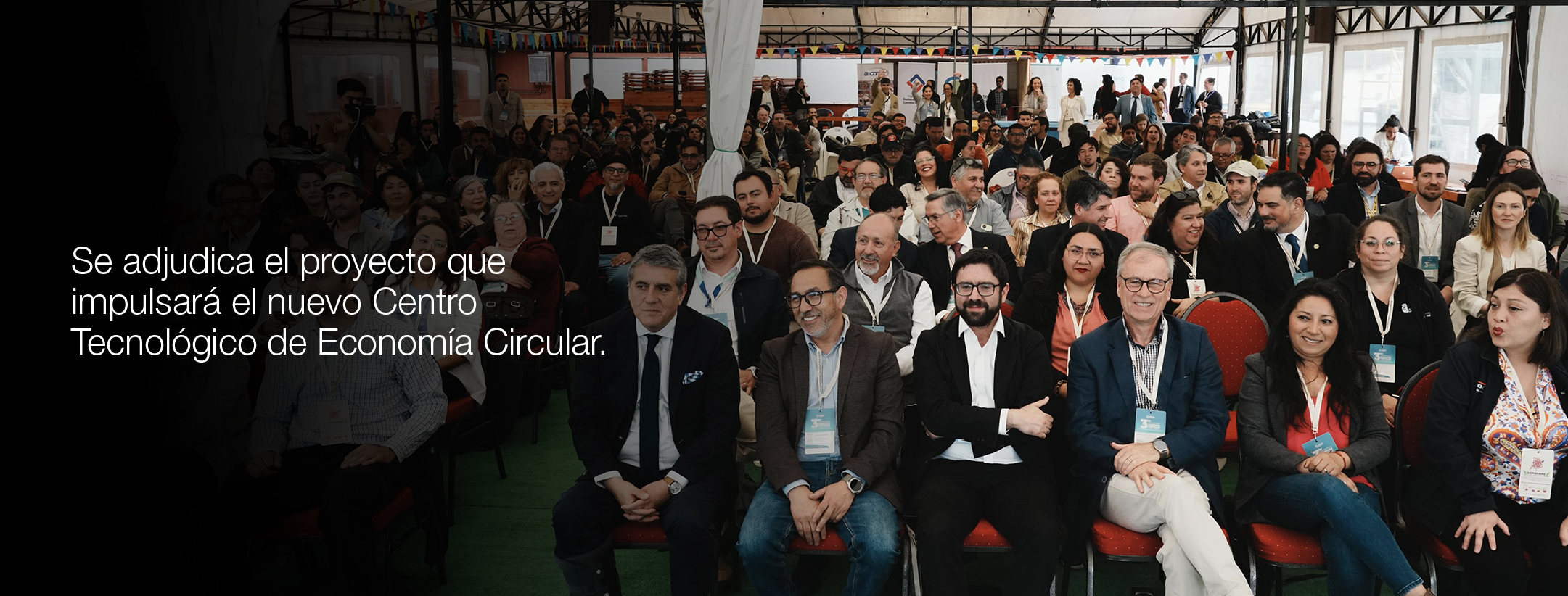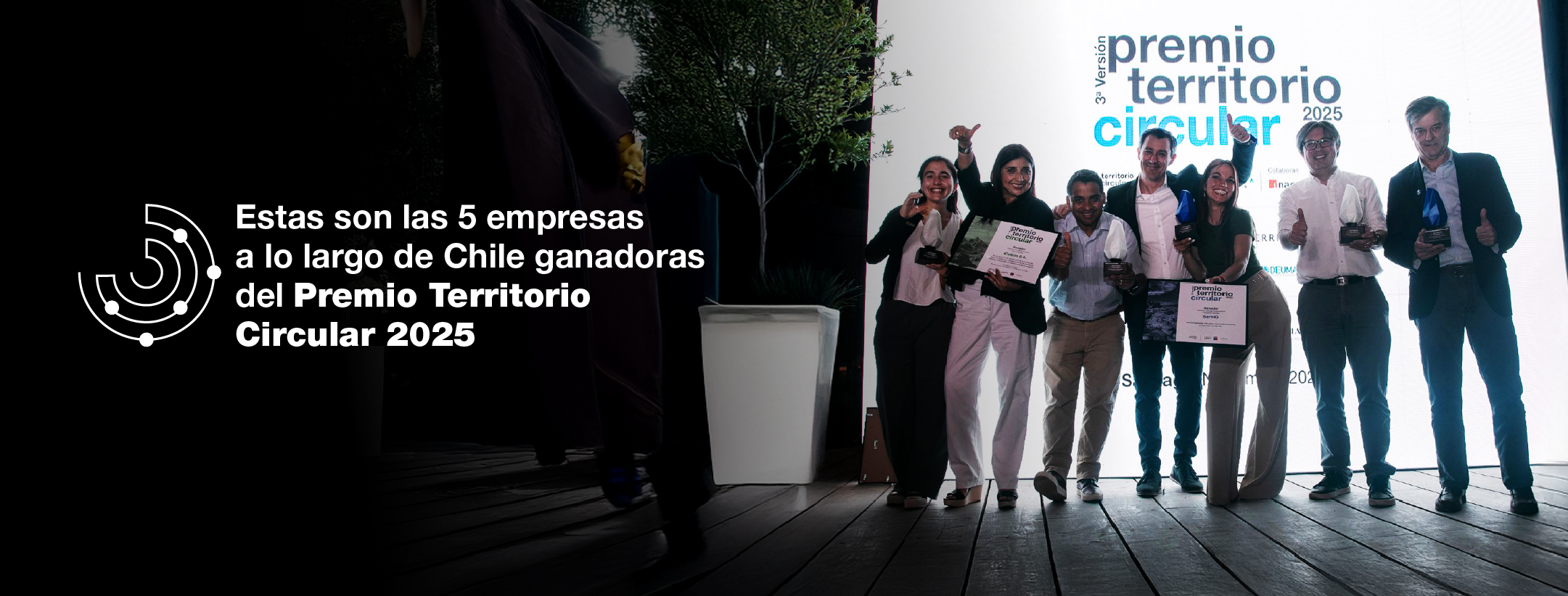The purpose of this project is to improve the competitiveness and sustainability of the territories through the articulation of innovation ecosystems for the circular economy.
The Advisory Council of this initiative —executed by SOFOFA Hub and promoted by Corfo and the Ministry of the Environment— met for the first time on Thursday, May 12, to strategically advise the Circular Territory Program and to review its main lines of action.
Circular Territory is a program which —through collaborative work and public-private articulation— seeks to generate enabling conditions that contribute to an effective implementation of Chile’s Circular Economy Roadmap, promoting circular economy models that generate positive impact on the territories and their inhabitants.
The advisory council is made up of stakeholders from the public sector, private sector, academia, civil society, international organizations and other Corfo strategic programs related to circular economy. 42 representatives from various sectors attended on this occasion.
“We are very happy to welcome and launch the Circular Territory Program’s Advisory Committee and to meet for the first time to connect and talk about circular economy and its challenges. We want to be a meeting and coordination point regarding this issue, and mobilize the different sectors and territories toward an adequate implementation of actions that will allow us to move toward a circular transition,” said Javier Obach, manager of the Circular Territory Program.
A program with a national and cross-sectional scope
The main functions of the council are to provide information and technical advice that will contribute to the achievement of the program’s objectives; to identify financing sources for the implementation of enabling conditions to move toward circular economic models; to collaborate in the implementation of the actions established in the circular economy roadmap prepared by the Ministry of the Environment, as well as to monitor and oversee them; and to summon and disseminate activities related to the program in all its stages.
During the meeting, Fernando Hentzschel, Technology Capabilities Manager at Corfo, stressed that circularity is more fruitful when it crosses different productive sectors, for example, when one sector takes advantage of the wastes of others for its productive processes. He explained that “economic activities in Chile don’t only take place in Santiago, but also in various regions. And that is why, given the climatic and productive nature of each region, circular economy has different spaces and opportunities that depend on each territory”.
Meanwhile, Tomas Saieg, head of circular economy at the Ministry of the Environment, addressed Circular Territory’s challenges, which he described as “not simple”, since, unlike other initiatives, this program has a national scope and covers several productive sectors. “It’s not a program that targets a single sector, but rather serves as an enabling platform for many sectors; therefore, the ambition is significant. However, it greatly pleases me to see that the stakeholders who have joined this advisory council will allow us to have a considerable outreach in different sectors and territories”.
Finally, Alan Garcia, executive director of SOFOFA HUB, the institution responsible for executing this program, stressed that “the objective of this first session was to generate the commitment of various stakeholders to join us in the implementation and follow-up of the roadmap, identifying themes where each participant can best contribute, and learn about the progress of the actions that are being taken on issues related to circular economy, in order to jointly move forward, in a coordinated and collaborative way”.
